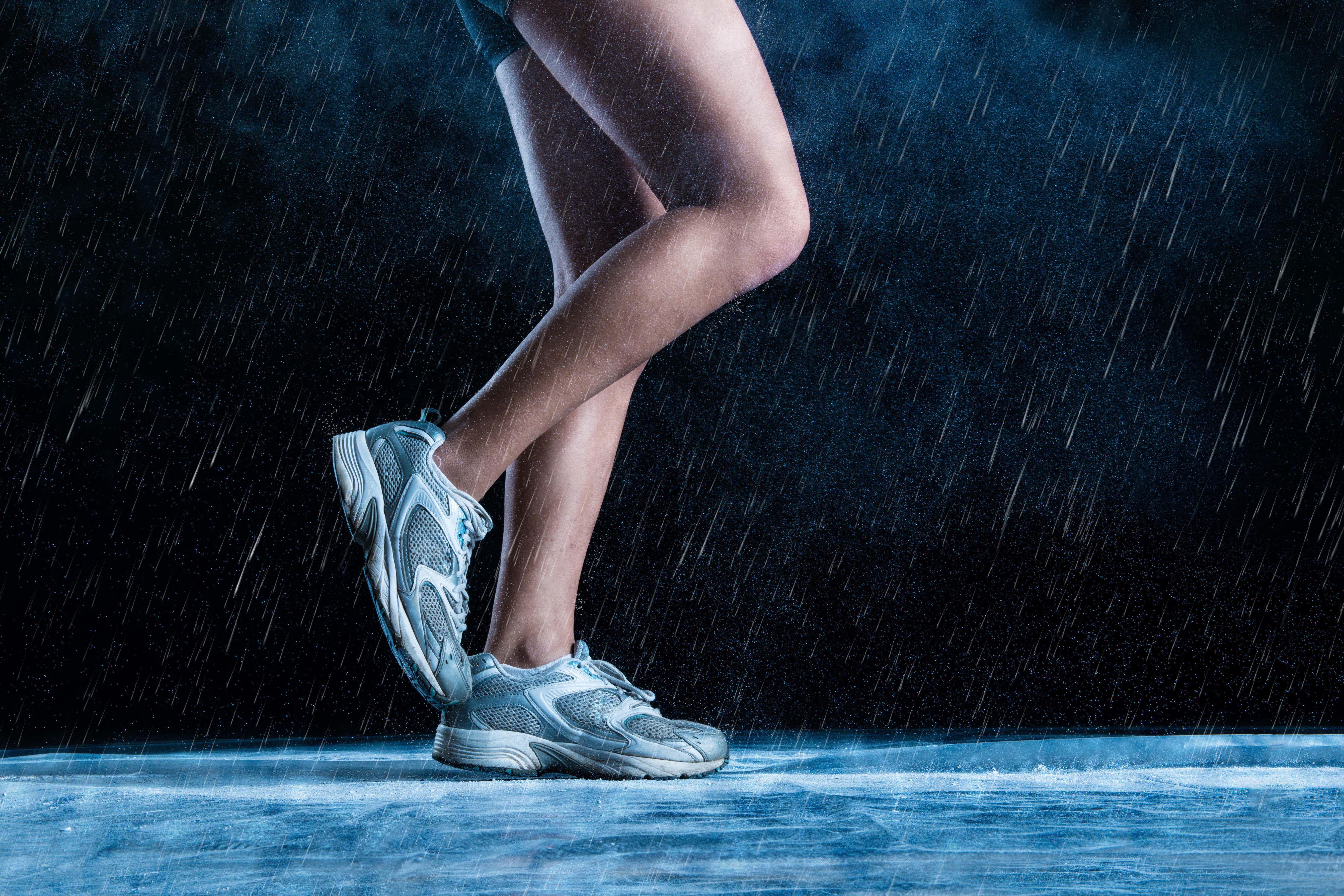Expert tips for running in the dark this winter
From wearing appropriate clothing to altering your route, here’s how to stay one step ahead when it comes to running in the dark.

Your support helps us to tell the story
From reproductive rights to climate change to Big Tech, The Independent is on the ground when the story is developing. Whether it's investigating the financials of Elon Musk's pro-Trump PAC or producing our latest documentary, 'The A Word', which shines a light on the American women fighting for reproductive rights, we know how important it is to parse out the facts from the messaging.
At such a critical moment in US history, we need reporters on the ground. Your donation allows us to keep sending journalists to speak to both sides of the story.
The Independent is trusted by Americans across the entire political spectrum. And unlike many other quality news outlets, we choose not to lock Americans out of our reporting and analysis with paywalls. We believe quality journalism should be available to everyone, paid for by those who can afford it.
Your support makes all the difference.It can be hard to maintain your running mojo in the cold depths of winter – especially when the days begin to get shorter and darker.
Whether you’re prone to pounding the pavements in the morning or evening, battling against the elements this time of year can be challenging even for the most seasoned of runners – from both a motivational and, vitally, a safety perspective.
However, if you exercise caution, a change in routine needn’t be the case.
We have spoken to some running experts who have shared their top tips on how to achieve your PB in the dark, stress free.
Stay visible
Reflective gear helps drivers and other runners spot you from a distance.
“In low light, even a small amount of reflectivity can make a huge difference,” says Michael Betts, director at TRAINFITNESS who has coached hundreds of runners during his 30+ years as a personal trainer. “Bright colours and reflective strips ensure you’re not blending into the darkness, which reduces the risk of accidents.”
Light up your path
“If you regularly run early in the morning or late at night, consider going one step further and investing in a quality running head torch,” suggests Claire Sebburn, experienced runner and Runners Need product expert. “A head torch will give you better visibility of the path ahead and highlight your presence to others.
“Wearable lights are also handy if you’re running the trails or out on the fells, where there’s less in the way of streetlights and other urban light sources.”
Adjust your route
Betts encourages even the most seasoned of runners to avoid isolated or poorly lit areas where it’s difficult to see what’s around you.
“Parks, alleys or areas with uneven terrain can also be risky, especially if you’re not familiar with the route,” says Betts. “Stick to well-trafficked streets with pavements where there’s more visibility and people around.”
Take your phone
“Many of us enjoy switching off when running, however I always recommend having your phone on you when you’re out and about,” says Sebburn. “A lightweight, sweat-wicking phone holder that keeps your mobile safe is an easy way to carry your phone while running.
“Alternatively, consider investing in a hydration vest or backpack, so you can keep all your belongings in one place, with access to water as a bonus.”
Run against the traffic
“When out in poor light always ensure you run against the traffic so you can take notice of potential dangers,” advises Sarah Campus, personal trainer, runner and founder of wellness platform LDN MUMS FITNESS. “This way you will notice headlights and can get out of the way of cars and other road users fast and safely.”
Be extra cautious
“Slow down if you’re unsure about the terrain, and be extra cautious around kerbs and uneven pavements,” says Betts.
Turn down your music
“Although listening to loud music is a fantastic way to keep motivated, using headphones at top volume can be a distraction that lessens how alert you are to your surroundings,” forewarns Sebburn. “When lighting conditions are poor, it’s a challenge to spot obstacles like vehicles and other runners, and with reduced hearing you’re less likely to run aware.”
Tell someone where you are going
“Tell someone you are going running, and where abouts you intend to run and when you intend to be back so they can look out for you,” recommends Campus.
Run with others
“If your running routes are less appealing in the darker months, but you’re still keen to continue running, choose to run with a friend or as part of a group,” recommends Sebburn. “Joining a local running club is a super source of support and motivation, and that’s just what’s needed when running in the dark.”
Betts adds: “It sounds like a cliché, but there’s safety in numbers, and you’re less likely to face issues if you’re with others. If an accident does happen then it makes getting help easier.”